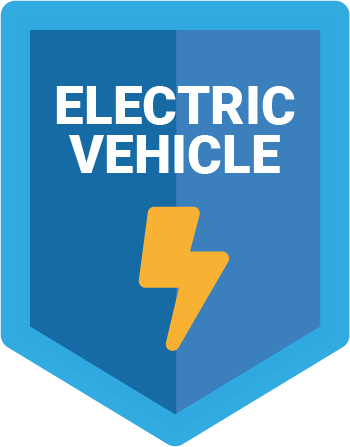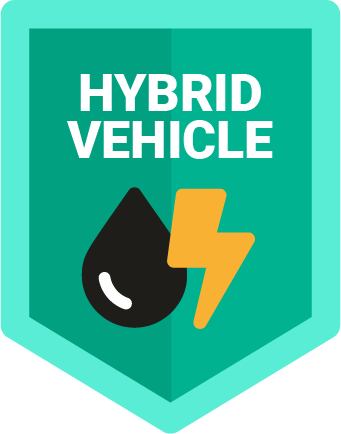FAQs
Are electric vans cheaper to run?
Electric vans are cheaper to run than their petrol or diesel equivalents, due to several benefits.
First, you could expect lower costs per mile with your electric van. The Mercedes Benz eVito, for instance, costs around 7p per mile, according to Zap Map. The Mercedes-Benz Vito Tourer on the other hand, costs around 14p per mile, according to Sust-it. This makes the electric version around half as expensive to run in comparison.
By using costs calculators such as these, you can assess how much cheaper it will be to run your electric van in comparison to a petrol or diesel, perfect for helping plan your budget.
Public charging points are also reasonably priced, with some even offering free charging either for a limited or unlimited time. Using the various charging apps available, you can see which charging point will best suit your van and wallet. You can view a list of the best apps available to download in our blog for new EV owners.
What incentives are available for those who choose to switch?
Aside from the lower running costs with electric vans, you could save even further with the Government�s plug-in vehicle scheme.
For vans, this states that they can be sold at a 35% discount, which will be included in the purchase price. Depending on the size of the van and meeting certain eligibility criteria, you could save money while adding value to your business.
Small Vans:
- £2,500 maximum discount for small vans, provided these are less than 2,500 kilograms (kg) in gross weight, have CO2 emissions under 50g/km, and are able to travel at least 96km (60 miles) without producing any emissions.
Our Toyota Proace City electric range is eligible for the small vans grant.
Large Vans:
- £5,000 maximum discount, provided these are between 2,500kg-4,250kg in gross weight, have less than 50g/km of CO2 emissions, and are able to travel at least 96km (60 miles) without producing emissions.
We stock a range of vans which are eligible for this grant, including: Mercedes-Benz eVito, Mercedes-Benz eVito Premium, Mercedes-Benz eVito Progressive, Mercedes-Benz eSprinter, Toyota Proace City Electric, and the Volkswagen ABT e-Transporter.
What about the added weight of a battery to my van?
For small vans this is less of an issue, however there are some implications for larger vans.
In the UK, the legal maximum gross vehicle weight (GVW) for a standard UK driving license is 3.5 tonnes, according to Parkers. Most large vans will easily use up this allowance, so with an electric battery to contend with, this could reduce payload and the amount you can carry within the limit.
Thankfully, the Government have devised a solution by allowing an increased weight limit of up to 4.25 tonnes for electric van drivers in specific instances. Referred to as the alternative fuel payload derogation, this means you will not have to suffer from reduced payload with your electric van.
Will I have enough range for day-to-day work?
Range anxiety is a common misconception with electric vehicles. Since battery-charged objects can run out eventually, some motorists are apprehensive about getting an electric vehicle for fear they will run out of charge suddenly.
However, electric vehicles are surprisingly well-performing in this area, with ranges under constant improvement. According to NimbleFins, the average British driver travels around 20 miles each day in their vehicle. The Toyota Proace Medium for example, offers a range of up to 143 miles, meaning this should be more than enough for your daily travels.
By topping up your electric van�s battery regularly, you can rest assured that you will never be short of power to get you from A to B.
What's electric van performance like?
Electric vans, like most electric vehicles, are noticeably smoother to drive than petrol or diesel vans. With instant torque thanks to a powerful electric motor, you will experience a more instant response when accelerating.
Since fully electric vehicles are automatic, this also replaces the hassle of changing gear, which can be especially useful for when caught in traffic. With little sound other than the quiet hum of the electric motor, electric vans will also be much quieter to drive.










